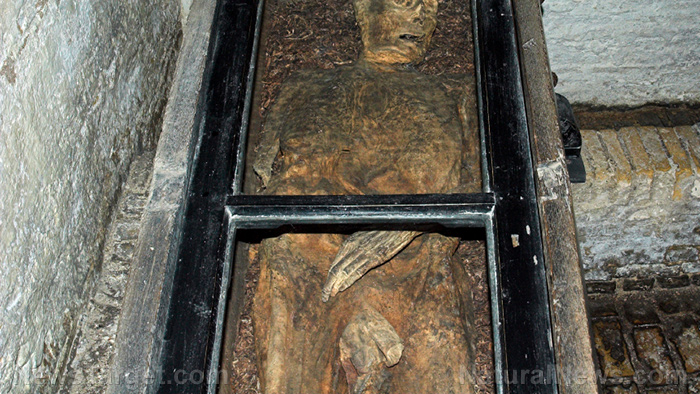
Two California men developed swelling, crusting and pus-filled bumps on their faces after being injected with the Moderna vaccine. Researchers say the vaccines caused an overreaction of the immune system in the men, both of whom already had high levels of neutrophils. The reports were published in JAMA Dermatology, where the researchers detailed the cases of the patients, who visited the University of California hospital.
The men exhibited symptoms such as facial swelling, crusting on the cheeks and pustules after getting the vaccine. The first case was a man in his 50s who went to the ER four days after his first dose of the Moderna vaccine. While he did not have a fever, he did have excessive swelling, pustules and crusting on his cheeks and near his eyes. He had no history of allergic reactions, facial fillers or rosacea. He was prescribed antibiotics and topical corticosteroids, and the condition was resolved within seven days.
The second patient was a man in his 80s who exhibited symptoms within 24 hours of his shot. He experienced facial swelling with redness and pain, fatigue and fever. Upon examination, he also had red bumps on his skin, pustules and crusting across his cheeks and nose. He was also prescribed antibiotics and an immunosuppressive drug.
Upon examination, researchers found that both patients have very high levels of neutrophils, a type of white blood cell that destroys foreign invaders in the body. They believed that the vaccine caused an overreaction in the men's bodies, causing their white blood cell counts to rise, and the immune system to respond in the form of a rash.
The authors wrote: "The clinical presentation of a facial rash with pustules and the shared...findings of a dense neutrophilic infiltrate...support a facial pustular neutrophilic eruption as the reaction pattern. Reassuringly, this facial pustular neutrophilic eruption resolved within seven to 10 days and without serious [after effects]."
These came after people inoculated with the Moderna vaccine reported reactions on the arm up to 11 days after their dose. (Related: Moderna representative ADMITS vaccine is experimental and everyone taking it is part of a clinical trial with unknown consequences.)
Other side effects of vaccines
The World Health Organization noted that individuals with a history of severe allergic reactions to any of the components of the Moderna vaccine should not be inoculated with the brand or any other mRNA vaccine. The most common after-effects of the Moderna vaccine, according to the Centers for Disease Control and Prevention include tiredness, headache, muscle and joint aches, nausea and vomiting, underarm swelling, chills and fever. In many cases, it can also cause pain, swelling or redness at the injection site.
WHO also indicated that other less common side effects are possible and are more common after the second dose of the vaccine. These side effects are normal signs that the body is building protection and should be gone in a few days, however, there are rare cases that may need more treatment or medical care.
On another note, a separate study found that there have been cases of patients developing herpes zoster skin rash after receiving the Pfizer vaccine. Herpes zoster, also known as shingles, starts as an itchy skin rash with small red bumps that can lead to pain and nerve damage. It can also cause a prolonged burning sensation on the skin.
Patients reported experiencing skin reactions after receiving COVID-19 vaccines, in particular, Pfizer and Moderna shots. With no definitive list of side effects associated with any of the vaccines, individuals are advised to weigh the risks properly before getting inoculated.
Read more COVID-19 related updates at Pandemic.news.
Sources include:
Please contact us for more information.




















